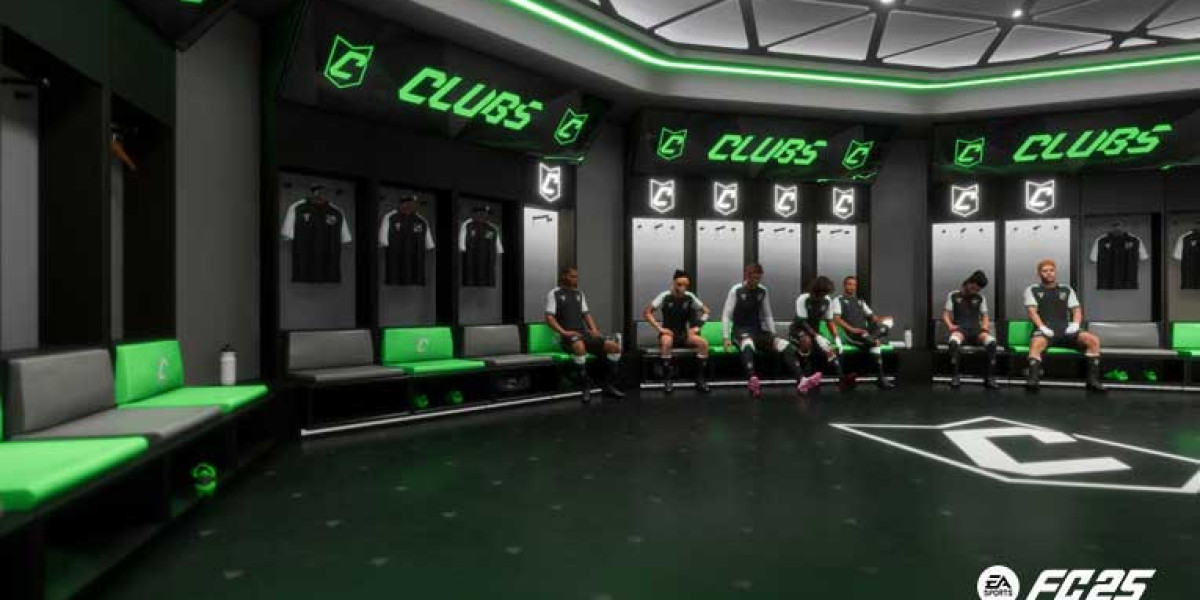Missouri voters authorized legal mobile and retail sports betting, permitting managed books to take bets next year.

The sports betting tally step passed by a slim majority early Wednesday early morning after more than 2.9 million votes were counted.

Seven of the 8 states surrounding Missouri allow mobile or retail sportsbooks. That includes Kansas and Illinois, which split the Kansas City and St. Louis city areas with Missouri, respectively.
Missouri is the 39th state to approve legal sportsbooks and the 31st to green light statewide mobile wagering. It is the only state to authorize sports betting wagering this year.
" Missouri has some of the best sports betting fans worldwide and they appeared big for their favorite groups on Election Day," Bill DeWitt III, president of the St. Louis Cardinals, stated in a declaration. "On behalf of all 6 of Missouri's professional sports betting franchises, we wish to thank the Missouri voters who made their voices heard by approving Amendment 2. This historical vote makes Missouri the 39th state to legalize sports betting wagering and ensures we no longer lose valuable tax earnings to our surrounding states. Most significantly, the passage of Amendment 2 implies a brand-new, dedicated, permanent funding stream for Missouri class."
Missouri sports betting wagering next steps
Voter approval implies as much as 14 mobile sportsbooks might start accepting bets next year. It is not likely all 14 readily available licenses are used.
DraftKings and FanDuel funded nearly every dollar of the "yes" project and will undoubtedly apply to take bets in the Show Me State. They will likely each pursue the two "untethered" licenses available without needing to partner with a Missouri brick-and-mortar gambling establishment or sports betting team (and pay an accompanying cost).
Six licenses are available to each Missouri casino operator, respectively. Caesars, despite opposing the tally procedure, will likely use its license to launch the Caesars mobile sportsbook. Penn Entertainment, which handles ESPN Bet, and Bally's (Bally Bet) will also likely introduce their particular books.
The other three operators are Boyd Gaming, Century Casino, and Affinity Interactive. It stays unclear if they will launch mobile sportsbooks.
The remaining 6 licenses are scheduled for each of the significant professional sports betting groups that play home games in Missouri: MLB's Kansas City Royals and Cardinals, the NFL's Kansas City Chiefs, NHL's St. Louis Blues, MLS' St. Louis City SC and the NWSL's Kansas City Current. The sports betting companies were among the most prominent advocates of the ballot step.
Together with DraftKings, FanDuel and Caesars, Missouri gamblers ought to anticipate other prominent national brand names consisting of BetMGM, bet365, BetRivers and Fanatics to seek market gain access to.
Launch probability tiers IF Missouri voters approve sports betting wagering:

Guarantees: FanDuel, DraftKings
Locks: BetMGM, Bally Bet
Likely: Fanatics, bet365, ESPN BET
Are Already Reside In Illinois, So Yeah(?): BetRivers, Hard Rock, Circa
Opposed Referendum But Still Might: Caesars
Missouri's tally step allows every Missouri casino to open retail sportsbooks on their particular homes. Most if not all 13 casinos handled by the six casino operators are anticipated to open in-person wagering options such as sports betting kiosks and possibly dedicated, full-service sportsbooks.
The 6 sports betting groups can likewise open in-person sportsbooks within or adjacent to their respective home playing places. Missouri will sign up with Illinois, Maryland, Arizona, Connecticut, and Washington, D.C. among jurisdictions that allow in-stadium retail sportsbooks.
The language around the ballot step needs the very first certified sportsbooks to begin accepting wagers by Dec. 1, 2025. Operators will likely deal with regulators to go live before kick-off of the fall 2025 football season, perennially books' most rewarding time of the sports betting calendar.
Missouri sports betting background
The successful Missouri sports betting campaign comes in spite of millions in financing opposing the measure from among the state's largest sports betting stakeholders.
Caesars spent countless dollars to beat the step. In a lot of other states that connect online sports betting wagering with a state's brick-and-mortar casinos, an operator is approved at least one license per managed property.
In that situation in Missouri, Caesars would be paid for a minimum of three potential licenses, one for each gambling establishment it handles. Instead, Caesars only has one. In states with the license-per-property model, companies can either open additional in-house books or, more typically, subcontract the license to a competitor that pays an accompanying cost in exchange.
FanDuel and DraftKings, which have roughly two-thirds of U.S. across the country sports betting manage market share, might potentially have a leg up on their rivals by earning the pair of untethered licenses. It stays to be seen which 2 books will earn these slots, but the language around the tally measure would appear to prefer the 2 nationwide market leaders.

Polling earlier in the year revealed the "yes" vote with a slight lead. Support efforts were boosted by 10s of millions spent by DraftKings and FanDuel.
A series of tv and radio advertisements concentrated on the earnings legal sportsbooks would produce for Missouri public education. Opponents, moneyed mainly by Caesars, argued the fans' ads were deceptive and the 10s of millions of forecasted dollars raised would have a minimal effect in a state that currently invests billions on education annually.







